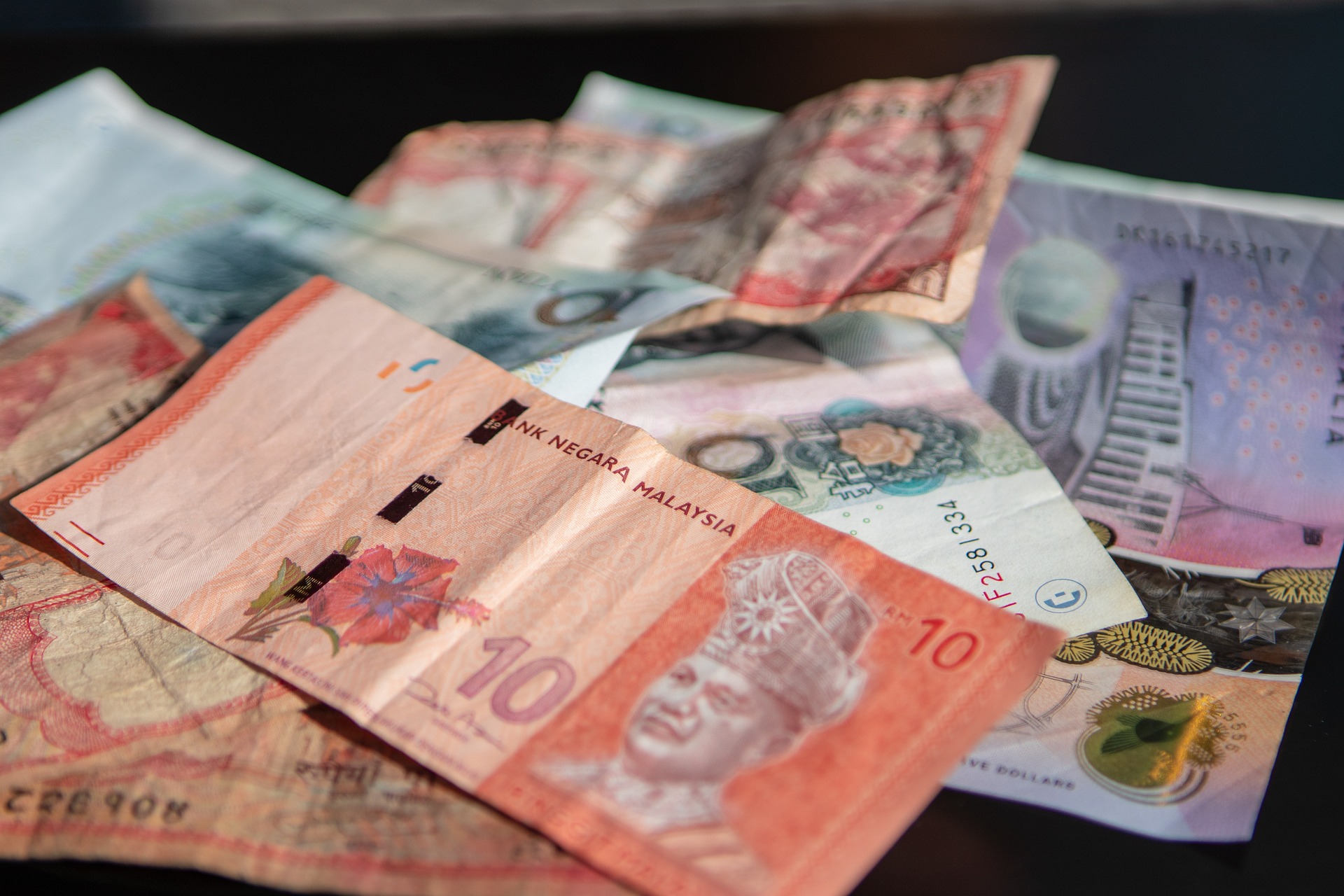The Australian Dollar to US Dollar surged almost 200 pips on Friday after the jobs number came better than expected. AUD/USD closed at 0.6466 last week.

Australian Dollar has to Break Above the Resistance at 0.65 Levels
The AUD/USD closed at 0.6466 last week. The Australian Dollar faced tough resistance at 0.65 levels in October and moved lower to 0.6288 levels last week. However, good job data in Australia pulled the Australian Dollar higher from 0.6282 to 0.6466 on Friday. AUD/USD rallied more than 170 pips on Friday.
The Australian Bureau of Statistics released labor market numbers where September jobless data remain steady. It remains unchanged at 3.5% for the second time in a row. Despite high inflation and rising prices, joblessness rates remain calm. Australia may avoid a recession though the global situation is not good.
Inflation is at 8% in Australia. Price pressure will keep interest rates higher as the RBA predicts inflation rates to remain longer. There is a fear of a global recession as inflation hits major economies. The high cost of living is a crisis that overwhelms world economies.
RBA Hikes Rates by 25 BPS
The RBA slowed down the pace of the rate hike, as it increased rates by 25 bps instead of 50 bps. Just like the central banks of both the US and the UK, the RBA hiked rates on Tuesday by 25 bps. Interest rates are at 2.85%. Analysts expect cash rates to touch 3.5% in 2024. Governor Lower says further rate hikes can be expected in the months ahead. Treasurer Jim Chalmers says Australia will not be immune to the global economic downturn. Australia will not “go backward” and a recession can “be avoided”, said Chalmers. The unemployment rates have come down, and economic growth is picking up.
The housing sector is the worst hit in Australia. High-interest rates affect mortgage payments as the landowners have to pay more for their mortgages. Household spending remains resilient despite rising interest rates. The high cost of living has not dampened the spending capacity of the people. Consumption is up by 2.2% quarter-on-quarter. AIG Construction Index has come down from 46.5 to 43.3.
Retail sales in Australia remain unchanged at 0.6% month on month. The trade balance in Australia surged higher from 8.66 billion to 12.44 billion. High prices for metals, energy, and iron are the chief drivers of Australian exports. The Russian invasion of Ukraine has also resulted in soaring commodity prices. Energy prices are up. There is high demand for food grains from Australia.
UK Pound to Australian Dollar Slides to Three-Week Lows
The British Pound to Australian Dollar slid to the 1.75 level, to three-week lows. Bank of England raised rates by 75 bps, which kept the GBP/USD currency pair lower. The hike in interest rates affects many households and businesses.
Bank of England Governor Andrew Bailey says that the country may run into recession and further rate hikes will affect the country. High energy prices are the main drivers of inflation. The GBP/USD is struggling at the 1.1375 level. If it breaks above the 1.14 level, it may zoom higher to the next resistance at 1.16.
AUD/NZD Slips to Multi-Month Lows
The Australian Dollar to New Zealand Dollar is back at multi-month lows. The AUD/USD slid to 1.0913 last week, returning to multi-month lows after traveling north to 1.1450 levels.
Once China becomes a covid-free zone, trade relations between Australia and New Zealand with China will resume and lift business activities.
China Expected To Remove Lockdown Restrictions
According to Twitter, China is considering easing lockdown restrictions. Once China ends the lockdown restriction, exports from Australia to China will improve. The lockdown has brought the PMI lower, from 49.3 to 48.4
The release of lockdown restrictions will restore the Australian economy, as exports will climb higher with greater demand for goods and commodities from China. The recent lockdown restrictions in China have kept the Australian Dollar under pressure. Any improvement in trade between Australia and China will help the economy to return to track and improve the AUD/USD currency pair in the forex market.
US Dollar Slips on Rumor from China
US Dollar remains volatile by the Fed’s aggressive rate hike. In 2022, the greenback shot up more than 16%. But the Fed’s rate hike by 75 basis points in October sent the Dollar lower to a 15-year low.
US unemployment data shows some signs of easing and may tame the high inflation. The Fed may also slow down its aggressive rate hike policy.
On Friday, the DXY dipped swiftly, the sharpest drop in two years. There are rumors that the Chinese restriction may be lifted. It brought a sharp drop in the US Dollar index. The US Dollar Index has been oscillating between the 109.50 and 113.50 levels for more than a month. The DXY closed at 110.774 last week.